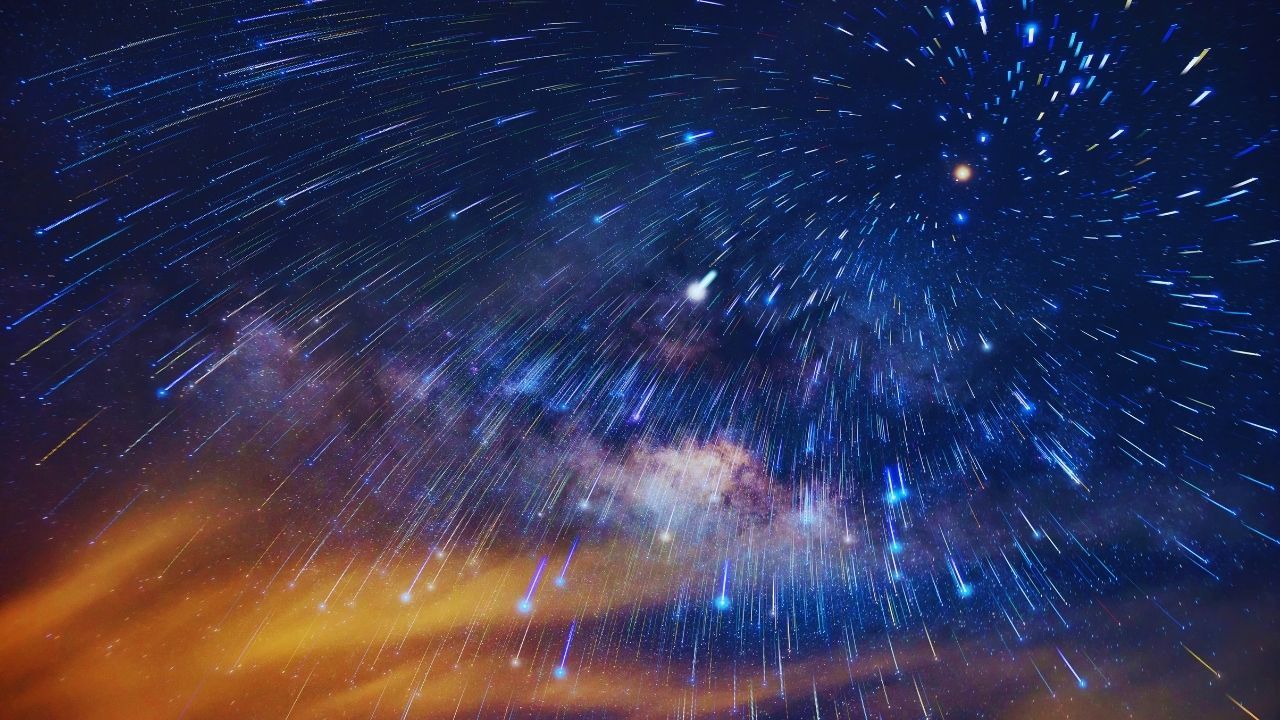BSU Department of Astrophysics: "The Leonid Meteor Shower Will Last Until November 30"
The Leonid meteor shower will remain active until November 30, reaching its peak on the night of November 17–18. During the period of average activity, around 15–20 meteors per hour are expected to be visible.
According to the Department of Astrophysics at the Faculty of Physics of Baku State University (BSU), the Leonids are among the most spectacular meteor showers, fascinating astronomers and skywatchers for centuries. They are named after the constellation Leo, from which they appear to radiate.
The source of the Leonid meteor shower is Comet Tempel–Tuttle. Every 33 years, as Earth passes through a dense stream of particles released by this comet, the Leonids can produce a breathtaking “meteor storm,” when thousands of meteors per hour streak across the sky.
Leonid meteors are exceptionally fast, reaching speeds of about 71 km/s, making them among the fastest in the night sky. Their luminous trails often linger for several seconds and can display shades of green, blue, or white.
One of the most remarkable Leonid events occurred in 1833, when observers reported up to 100,000 meteors per hour—a display so extraordinary that it introduced the world to the very concept of a “meteor shower.”
Although such a powerful event is not expected in 2025, the Leonids continue to captivate observers each year with their brilliant and fast-moving “star showers.”

